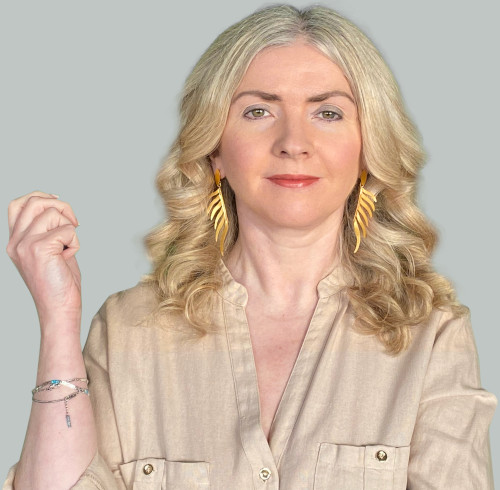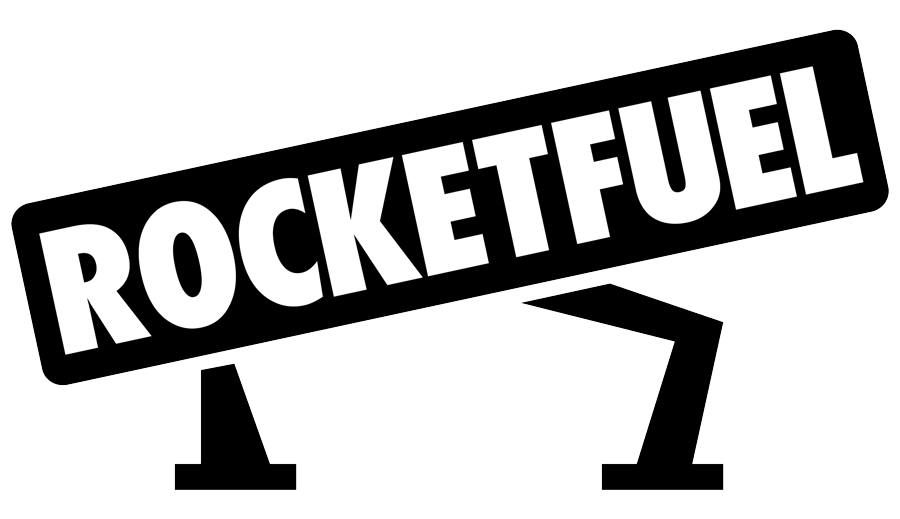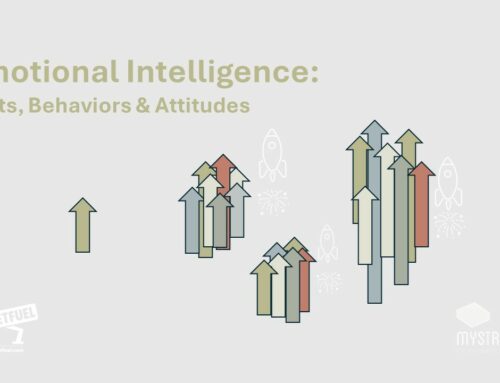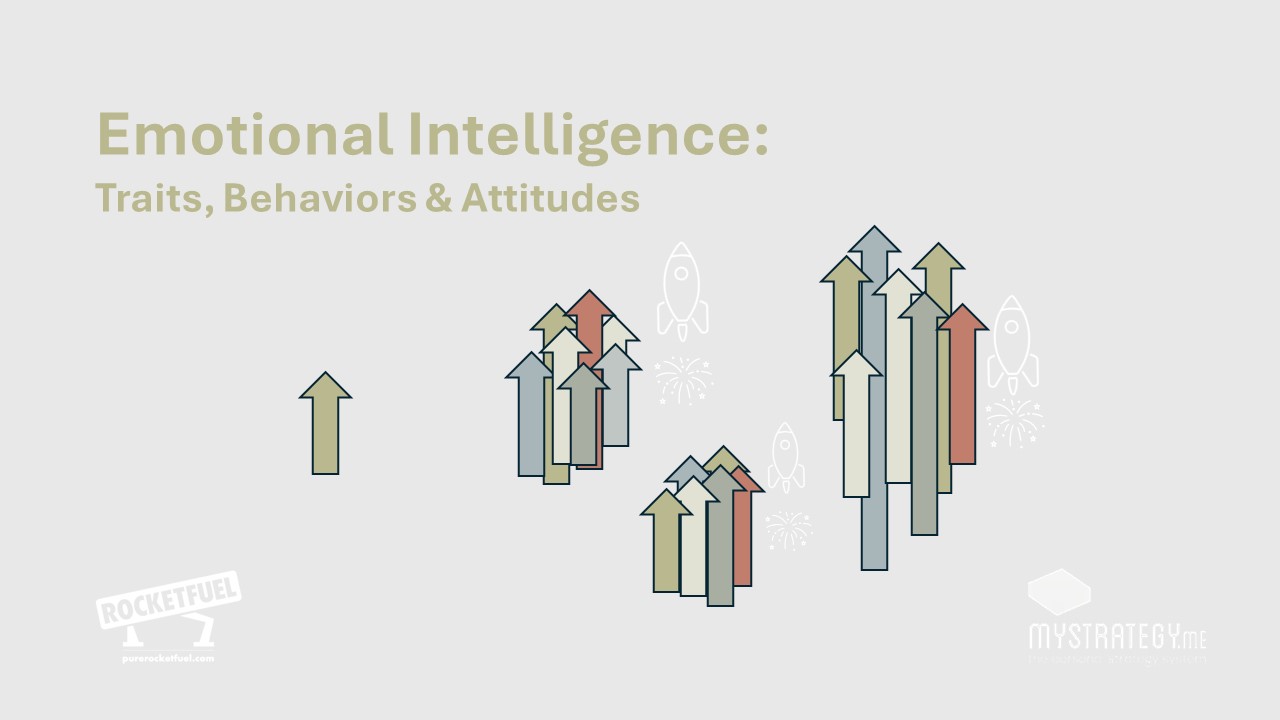
Dig a little deeper into self-knowledge to build stronger foundations, says Leadership & Performance Coach, Davina Greene
Self-awareness is a term we know well. It mainly involves being able to shout out a few self-describing keywords (“extrovert!”, “organizer!”, “chatterbox!”), so no problem, right? But how are your levels of self-knowledge? That is, your understanding of why you do the things you do, and their general impact. You are an expert on you, with a full and accurate appreciation of who you are, ‘how’ you are, and whether it all adds up to something effective – aren’t you? If yes, well done, as you’re miles ahead of most of us. If no, or unsure, here are some things you could start thinking about:
How Aligned Is Your Self-Knowledge?
How do others see you?
If you were to describe yourself to a room full of friends or colleagues in a 30-minute presentation, how likely would it be for someone to raise their hand to dispute what you’re saying? Do they think you have good perspective, reasonable resilience, strong communication skills, a sense of responsibility? Do you know? They have to exist alongside you, so it does matter.
How do you act when working in close proximity with someone you don’t like? How do you react when you don’t get your own way? As a coach repeating back statements to clients, I so often hear “Wow, did I really say that? Did I use those words? That sounds terrible, really negative. I had no idea I sounded like that.” So, it’s well worth knowing what your internal thoughts do to your external words. You need Self-Knowledge, as much as possible; not Self-Estimation, if you can push beyond that.
Consider if, for example, a stance of “I’m always 100% me” or “I won’t change for anyone” is causing you to miss the opportunity to adjust, expand your connections, or polish away some rough edges.
What do you want, and what you need?
In this age of entitlement, we all seem to think that we need everything – if it exists, if it’s out there, I am entitled to get my hands on it. How stressful!
Realize what is “enough” for you; re-set your gauge. Anything above that becomes a positive bonus, not a sorely lacking requirement.
Consider if, for example, a childhood of always being given what you demanded has caused an inability to see a line between ‘want’ and ‘need’. Consider, then, if the drawing of a firmer line might be a valuable addition to your life. What might it do for, say, your sense of contentment?
Have You Used Self-Knowledge To Choose Your Path?
What are your strengths and weaknesses? Which of those weaknesses is it important to improve upon, to get where you want to go? In terms of ‘where you want to go’, why did you choose that particular destination? Have you chosen roles in life and work that will truly allow you to shine, based on what comes most naturally to you?
Often, we’re unconsciously doing what friends do, what family expected, or what society suggested was the required norm, rather than what we ourselves, with a blank canvas before us, would have specifically chosen to do. Therefore, it’s good to evaluate our current direction from time to time.
Let’s not forget that self-knowledge makes for great leadership, where potential followers can see a person who understands their own strengths, finds ways to compensate for weaknesses, understands cause-and-effect, and gives off a sense of both humanity and realism.
Such self-analysis, like leadership, is not for everyone. If you’ve already decided that you are who you are and that’s just the way it’s going to be, that’s absolutely your choice. If you like the idea of making life ‘fit’ a bit better, run a bit more simply and feel a bit more authentic, then it will already sound like a good thing.
Push through any frustrations along the way: there’s no right or wrong, just progress. Nobody is perfect, we’re all just trying to be effective. The higher the Self-Knowledge, the more flexible you can be in tailoring your actions and relationships – two key considerations in building the life you want.
Self-Knowledge: Points To Consider
- Know thyself: what you do, why, and its impact. Be emotionally intelligent.
- Consider if you’re using self-knowledge as a tool for personal change or as a license to continue as before.
- Be a detective: can you unearth the reasons for the behavior you’ve become aware of?
- Be a strategist: what steps (or tricks!) will guide you towards a better behavior?
- Remember, true leaders understand the full chain from Behaviors to Results.
Interested in investing in your own personal – and personal strategy – development? Check out www.MyStrategy.me!
Share This!
About the Author
